
Be on the lookout early
According to our experts at Terminix, it’s during winter that mice and other furry pests make their nests in your home. So now is the time to be on the lookout for infestations, such as droppings, seed shells, and shredded paper.
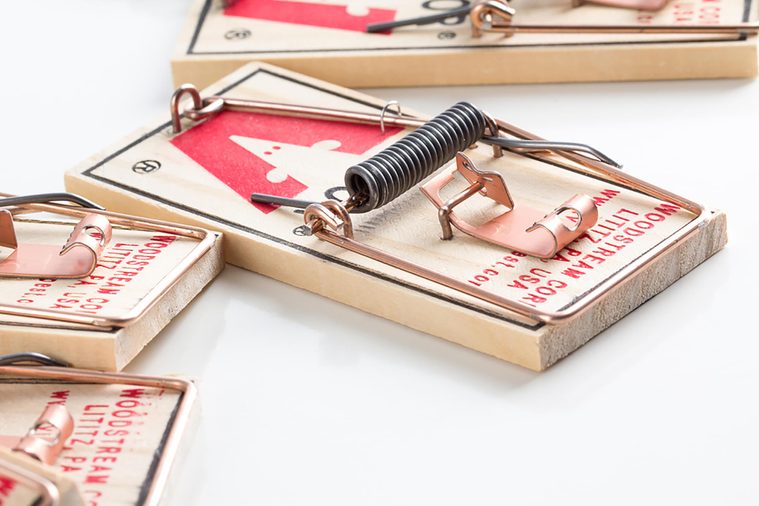
If you find mice, evict them
It’s very important to get rid of the mice you have in your home before taking any further action, including sealing your home, according to Terminix. You want to keep any new guests out, not seal the old ones in. Use mouse traps and bait stations (which are available both in hardware stores and through professional exterminators), and also clean out the corners of your garage and other places where mice may make their nests.
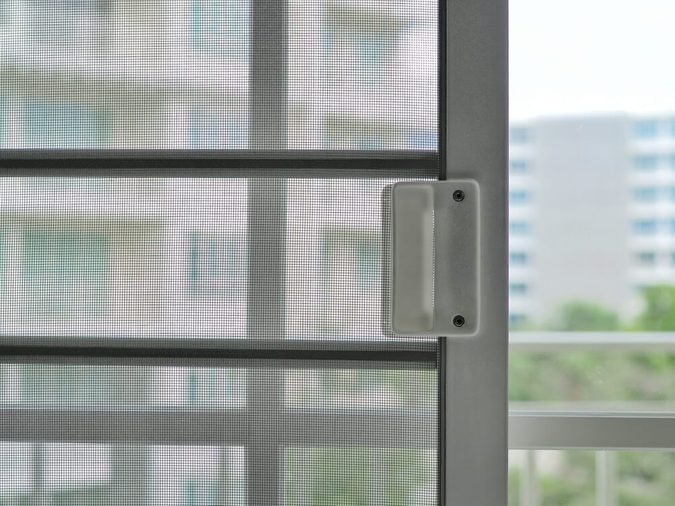
Batten down the hatches
Make sure your home is free from small cracks and holes where unwelcome house guests can enter your home. Start by caulking around window frames and installing fine mesh screens in your windows, according to Terminix. Repair gaps around plumbing pipes, dryer vents, and air conditioners; seal cracks or holes in wall and baseboards with steel wool, which mice and other household pests can’t chew through.

Keep your firewood off the ground
Some of the worst insects for your home—carpenter ants and termites—feed actively on cut firewood or use it for shelter, according to entomologists at the University of Kentucky. For that reason, it’s a good idea to keep your firewood covered and off the ground, which means the insects are less likely to stumble across it. Always burn the oldest wood first, and only bring in as much firewood as you need to make a fire. Don’t miss these sneaky signs your home is about to be infested.
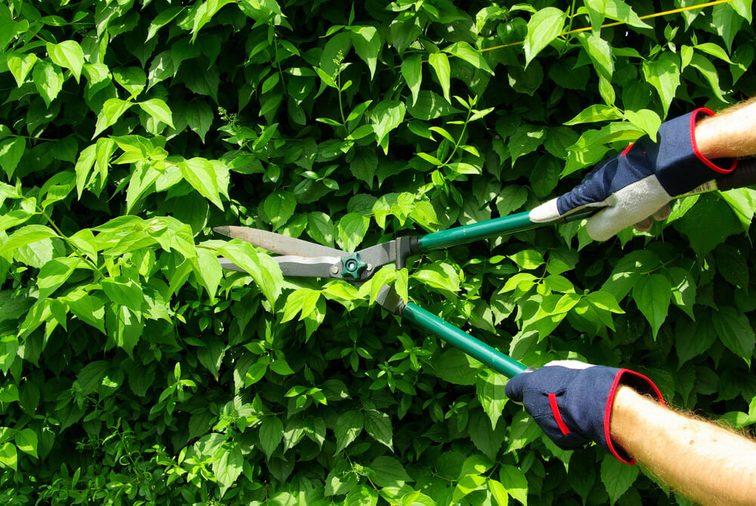
Trim your trees and shrubs
If you’ve got tree branches and shrubbery touching your house, you’ve basically built a bridge for all manner of pests to march right into your living space, such as ants, mice, squirrels, and even raccoons. Trim your the trees and shrubs that touch your house’s perimeter (keep at least a foot between the vegetation and your house) or call a tree service company, advises Angie’s List.
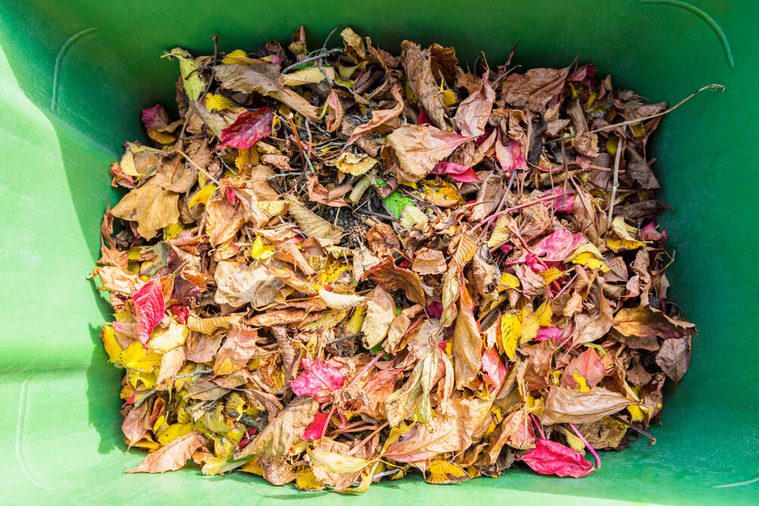
Dispose of debris
Once you’ve done your trimming and leaf-raking, be sure to get rid of the piles of debris as they provide food and shelter for many insects, according to Terminix. If you want to compost, do so at a distance from your house itself.
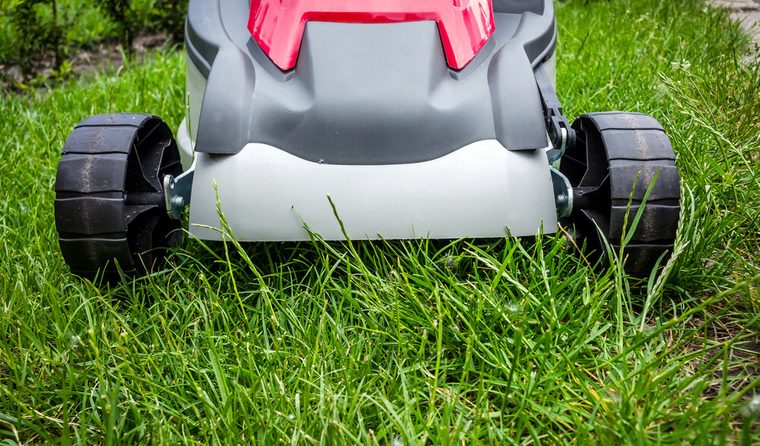
Keep your grass short
Learn to mow like a pro, or hire a professional lawn mower: Either way, keep your grass short and your weeds down because fleas, ticks, and ants love to hide in grass and weeds, according to Terminix. Watch out for these things in your home that are attracting pests right now.
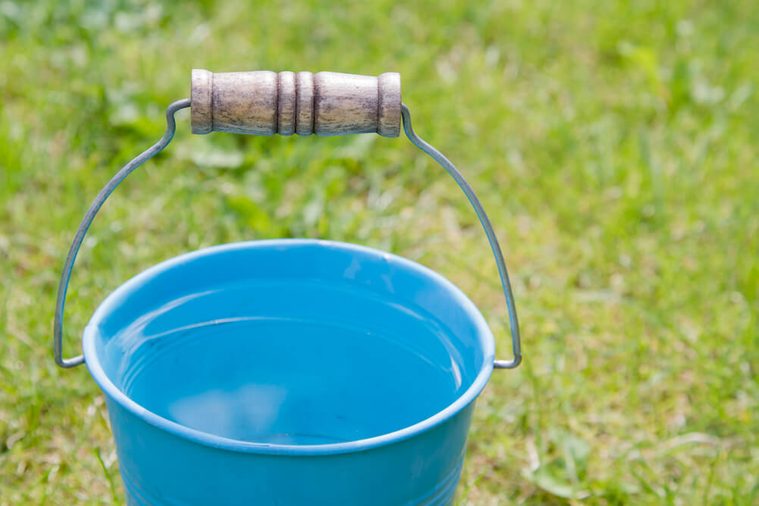
Standing water
Standing water is a breeding ground for mosquitoes, so always empty out flower pots, buckets, and toys after it rains. Fill in areas that are prone to flooding and pooling. Also, consider adding pumps to ponds.
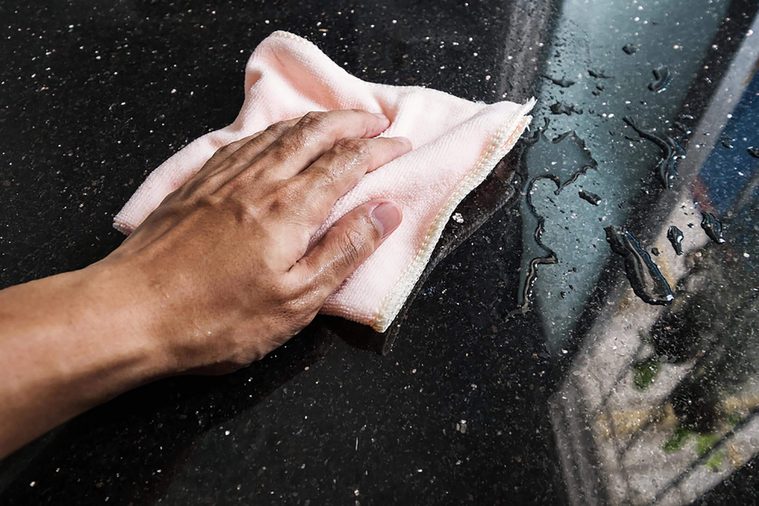
Keep a clean kitchen
A clean kitchen doesn’t always stay pest-free, but keeping their food supply scarce certainly discourages freeloaders. Empty your garbage frequently, wipe down your counters, store food in airtight containers, and don’t leave dirty dishes in the sink. Here are some other ways to keep your kitchen bug-free.

Repel ants with smells they hate
Ants dislike the strong odors of herbs like mint, pennyroyal, rue, and tansy; try placing pots or dried bunches of these herbs near trouble spots and along your window sills. Also, consider wiping down your windowsills with clove oil or eucalyptus oil. Here are some more pest-repelling plants to add to your garden.

Use your garden as your first defense
Bugs dislike gardens that have strong-smelling plants like mint, rosemary, lemongrass, and geraniums. “Fighting insects with their natural enemies” is known as “integrated pest management,” according to How Stuff Works. Flowers that attract songbirds can be part of integrated pest management as well because songbirds feed on insects. You can also encourage bug-chomping sparrows, cardinals, and chickadees to flock to your home with suet cakes or a birdhouse, or both. Here are some more natural ways to get rid of garden pests.

Get a cat (or a dog)
“If you have pets, they might be the best way to catch a mouse without lifting a finger,” say the experts at Terminix. While cats are far more efficient than dogs at keeping vermin at bay, any animal presence can deter mice and other mammalian home invaders.
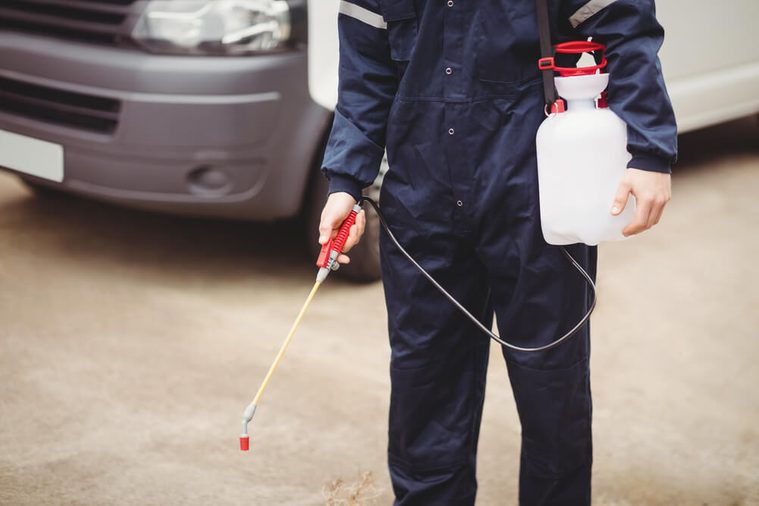
Consider a pest control specialist
You can buy insect sprays, bait traps, and other bug-repellent methods on a DIY basis. But you might want to consider a pest control specialist to get you started and to make recommendations customized for your particular situation. But here are the 15 things your exterminator won’t tell you.
